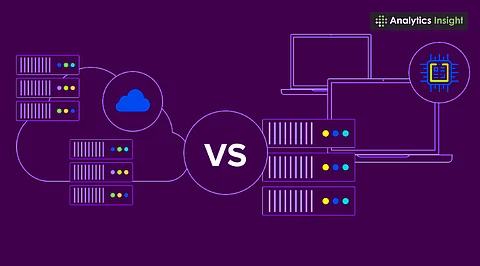
Choosing between cloud and local hosting is a critical decision for businesses looking to optimize their operations in 2025. Both hosting options come with distinct advantages and disadvantages that can significantly impact performance, security, and costs. Understanding these differences is essential for companies seeking to enhance their digital infrastructure.
Exploring Cloud Hosting
Cloud hosting involves utilizing external servers managed by service providers such as AWS, Google Cloud, and Microsoft Azure. This approach offers several benefits, making it an appealing choice for many businesses. One of the key advantages of cloud hosting is its scalability; companies can increase their resources easily without the need for significant upfront investment. Additionally, cloud solutions allow for remote access, enabling employees to work from virtually anywhere.
Cost flexibility is another critical factor. Businesses only pay for the resources they use, which can lead to lower initial expenses. Cloud providers also typically offer automatic backups, ensuring that data remains secure even in the face of unexpected issues. As businesses grow or experience seasonal demand fluctuations, cloud hosting can adapt swiftly to meet those needs.
The Case for Local Hosting
In contrast, local hosting involves storing all data and applications on servers located within a company’s premises or data center. This option appeals to businesses that prioritize control over their security and performance. With local hosting, an organization’s IT department manages the servers directly, providing a sense of independence from third-party providers.
Local hosting can offer faster access speeds for employees working within the office network, making it suitable for industries that handle sensitive information, such as banking and finance. Though initial costs for local hosting can be higher due to equipment purchases and maintenance, monthly expenses tend to stabilize over time, allowing for predictable budgeting.
Security is a paramount concern for many businesses, and local hosting provides a greater sense of control over sensitive data. While cloud providers maintain robust security measures and adhere to various data protection regulations, companies that handle confidential information may feel more secure managing their own servers.
Both hosting options present unique challenges. Cloud hosting is often more reliable due to its distributed nature; if one server goes down, others can take over, minimizing downtime. Local hosting, while potentially faster for on-site employees, may experience longer recovery times in the event of a server crash.
For startups and small businesses, the decision between cloud and local hosting often hinges on growth potential and budget constraints. Although cloud hosting can appear economically advantageous at first glance, costs may increase significantly as demand grows. Conversely, while local hosting requires substantial upfront investment, it can be less expensive in the long run if managed carefully.
Business leaders are increasingly weighing their options, considering a hybrid approach that combines the strengths of both cloud and local hosting. This strategy can offer the best of both worlds, allowing for scalability and flexibility while maintaining control and security.
Ultimately, the choice between cloud and local hosting should align with a business’s specific needs, budgetary constraints, and future growth plans. By evaluating these factors, companies can make informed decisions that support their long-term success and operational efficiency.







